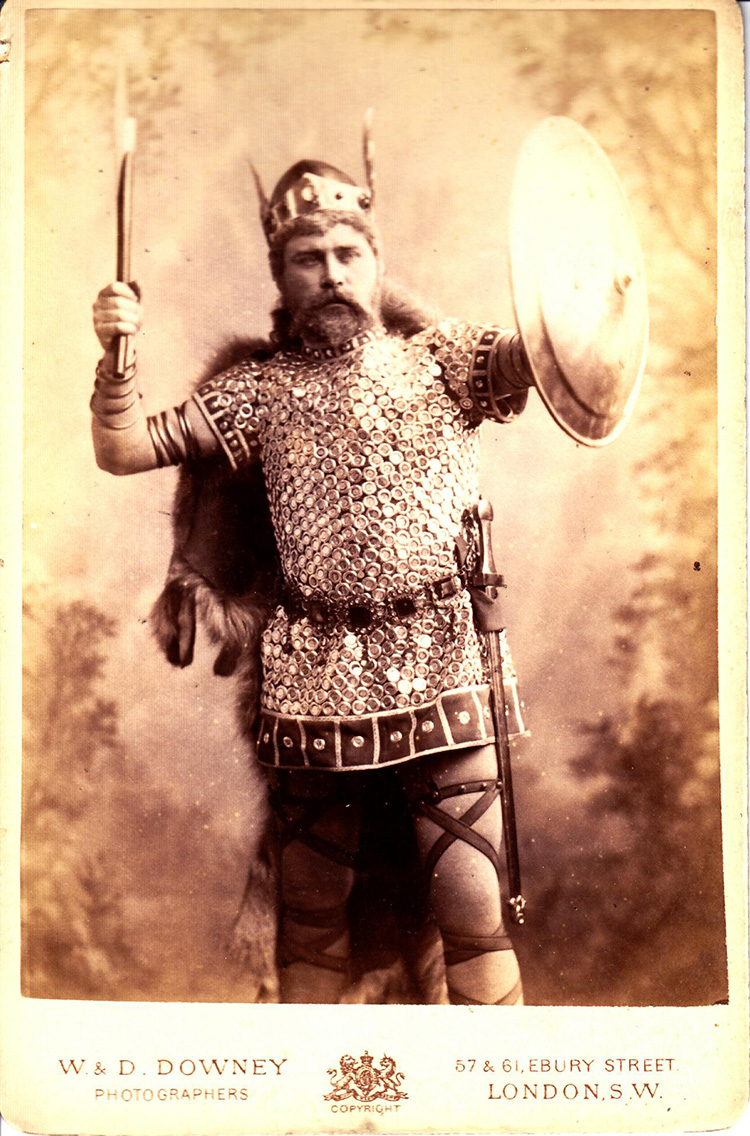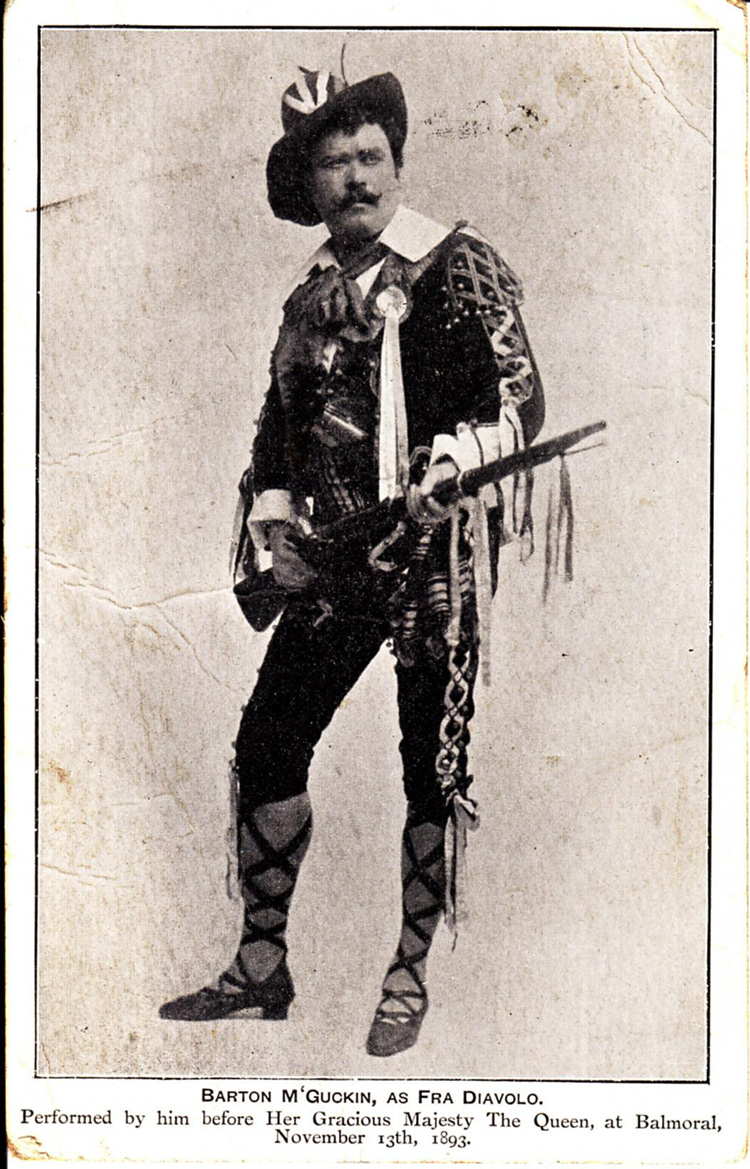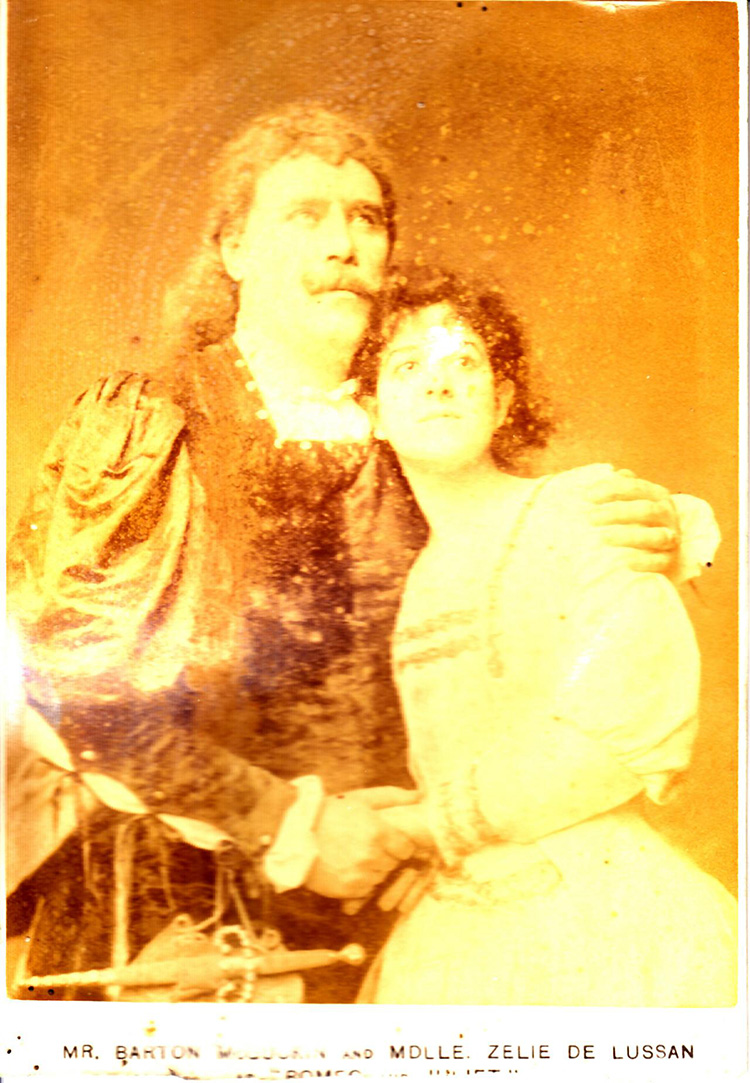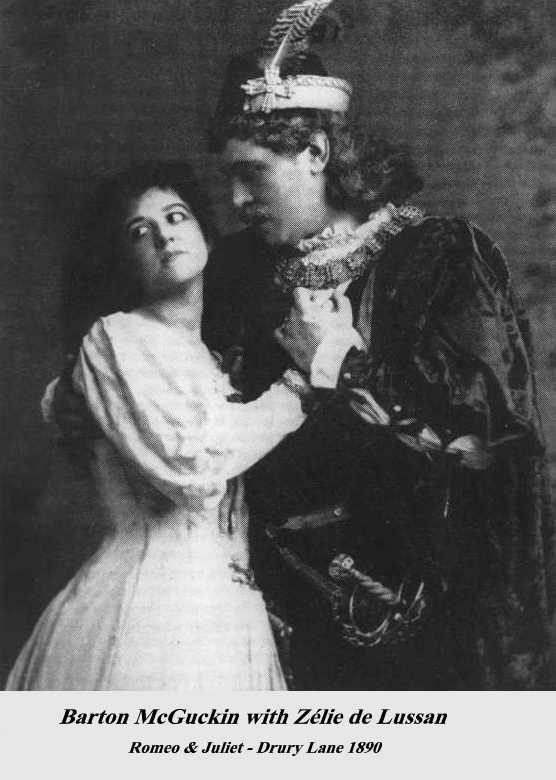As a chorister at Armagh Cathedral, he received musical training in chant, organ, piano and violin. In 1871, he became a tenor soloist at
St. Patrick's Cathedral in Dublin, while taking voice lessons with Joseph Robinson. From 1874, he appeared in philharmonic concerts,
first in Dublin, then in London (remember that Ireland was still part of the UK, at that time). After coming home from further vocal
studies in Milano, he had great success in Mendelssohn's Lobgesang in London (1877).
He made his operatic debut on 10 September 1880 in Birmingham in The Bohemian girl, with the Carl Rosa Company; he remained with that troupe until 1887, and
sang around the UK with them. His roles included Massenet's des Grieux, both Gounod's and Boito's Faust, Wilhelm Meister, Lohengrin or Don
José; he also sang in the world premieres of Moro or The painter of Antwerp by Balfe (28 January 1882), Esmeralda by
Arthur Goring Thomas (26 March 1883), Colomba by Alexander Mackenzie (9 April 1883), and Nadeshda, again by Arthur Goring
Thomas (16 April 1885), The troubador by Mackenzie (8 June 1866) and Nordisa by Frederick Corder, all premiered at Drury
Lane except for Moro (Her Majesty's) and Nordisa (Royal Court Theatre, Liverpool).
McGuckin spent the 1887/88 season at the Academy of Music in Brooklyn. From 1889 to 1898, he was with Carl Rosa again; now he was Radamès,
Éléazar, the first Otello in English translation, and appeared in the world premiere of Thorgrim by Frederick Cowen
(22 April 1890, Drury Lane).
When making his few recordings in 1905, he was still active in concert and vaudeville; he also taught and occasionally conducted, and even
returned to the operatic stage for the odd performance, the last time so in September 1904 in Perth (Trovatore and
Tannhäuser, with the J. W. Turner Opera Company).
Reference 1, reference 2: McGuckin website (managed by Derek Walsh), reference 3: Kutsch & Riemens



